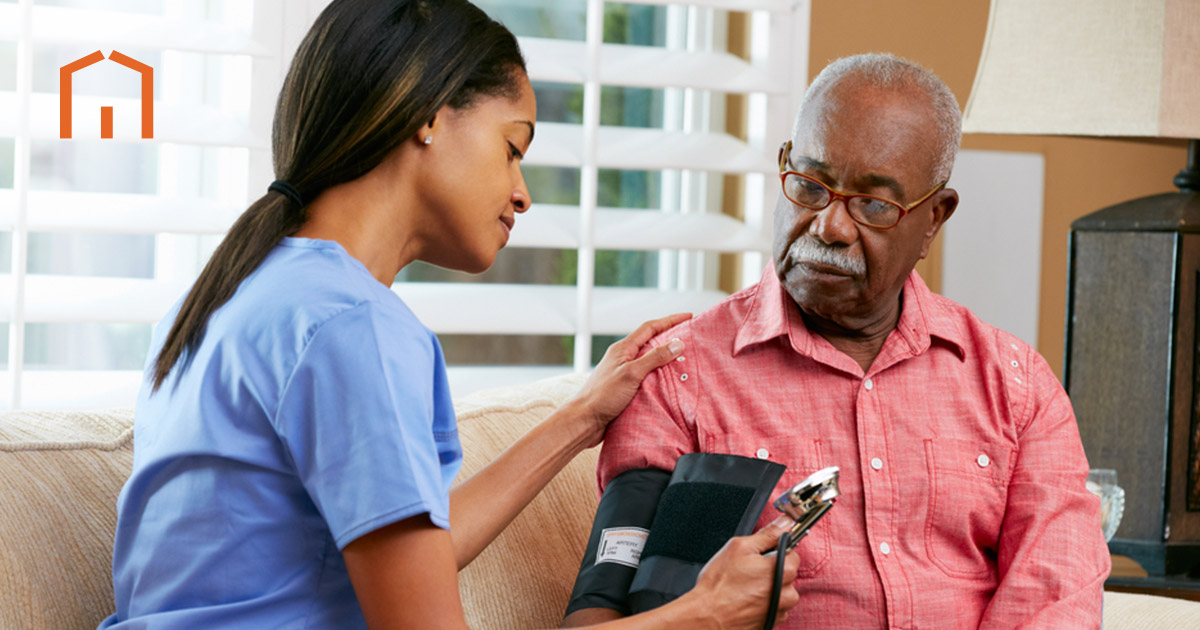

Preventing Diabetic Complications: The Role Of Regular Home Health Monitoring
Diabetes is a chronic condition that so many people live with around the world. As we age, managing diabetes becomes crucial as it prevents complications that may arise from high blood sugar levels. One of the most practical and simple ways to manage diabetes is through regular home health monitoring. By monitoring yourself using a solid and reliable routine each day at home, you can understand your health situation on any given day and make informed decisions about your care.
Understanding Diabetes Management
Managing diabetes encompasses multiple elements, including things like monitoring blood sugar and blood pressure levels, following a balanced and healthy diet, participating in regular physical activity, and taking medication regularly. Healthcare professionals emphasize the importance of consistently monitoring blood glucose levels to prevent short-term and long-term diabetes complications and reduce risk factors. Self-monitoring provides instant feedback, helping you make necessary adjustments to your diet, medication, and activity levels as needed.
How To Monitor Diabetes At Home
To effectively monitor diabetes at home, focus on the following key components:
Blood Glucose Meter: To get accurate readings, use a reliable blood glucose meter. These devices are easy to use and give you the immediate results you need.
Regular Testing: Creating a routine for testing blood sugar levels—like before and after meals—can help track how your food intake and activity levels are affecting your glucose levels.
Record Keeping: Maintaining a log of blood sugar readings can help you start to identify patterns over time. Many blood monitoring devices now come with apps to make tracking easier and more convenient.
Additional Health Practices To Build Into Your Daily Routine
In addition to regular monitoring, you can add several other health practices to improve diabetes care and prevent diabetic complications:
Have Regular Eye Exams
Diabetes can lead to serious eye conditions, including diabetic retinopathy. Regular eye exams will help you detect any issues early on, so you can tackle them in good time.
Keep Vaccines Up To Date
Staying current with vaccinations, including the flu shot and pneumonia vaccine, helps protect against other infections that can further complicate your diabetic condition.
Schedule Regular Physicals
Annual physical exams allow doctors to monitor your overall health, adjust your diabetes management plans as needed, and screen your results for potential complications like cardiovascular disease or high blood pressure.
Follow A Dental & Foot Care Routine
Regular dental check-ups and proper foot care are vital too. Diabetes can lead to gum disease and foot problems, so maintaining good hygiene (brushing, flossing, and using mouthwash twice a day) and creating a foot care regimen (including soaking your feet in warm water each night) is a good idea.
Drink Alcohol Responsibly
If you do decide to consume any alcohol, it's important to do so in moderation. Alcohol can directly affect your blood sugar levels, and responsible drinking can help maintain better control.
Conclusion
In summary, regular home health monitoring is essential for diabetes care and preventing diabetic complications. It helps you take control of your health and make informed decisions based on your personal needs. Embracing diabetes in-home care in Winnipeg can significantly improve your overall health outcomes and provide the support that helps you manage your condition effectively.
Why Right at Home?
- Over 20 years of experience. Right at Home has been providing award winning customized senior care and home care for over 20 years.
- YOUR Caregivers are all part of YOUR Care Team. This means that there is no revolving door of Personal Support Workers and Nurses. With the help of your Care Planner, you choose and get to know them. This leads to an level of care for your loved one that is unsurpassed in our industry.
- Working with government support. Your Care Planner will work to help you find the government supports you are eligible for (if you would like them) and then work to find a solution for the care needs that go above what government and family can do. We will also work around the government care plan so that we are enhancing it.
We help in home, wherever home is to you.
Our Caregivers are always out in the community visiting homes, Retirement Residences, Long Term Care (LTC), hospices and hospitals.